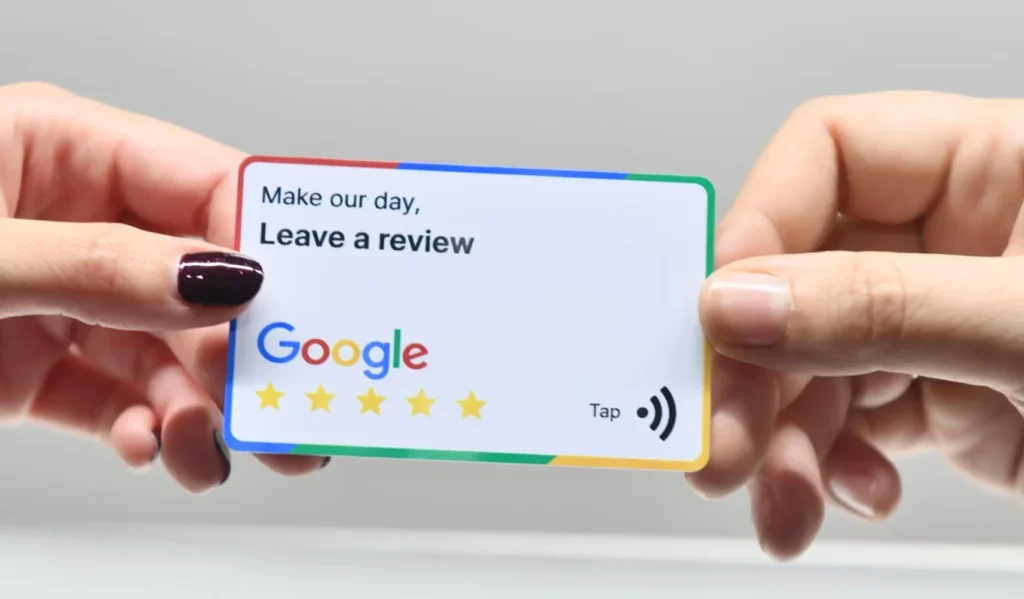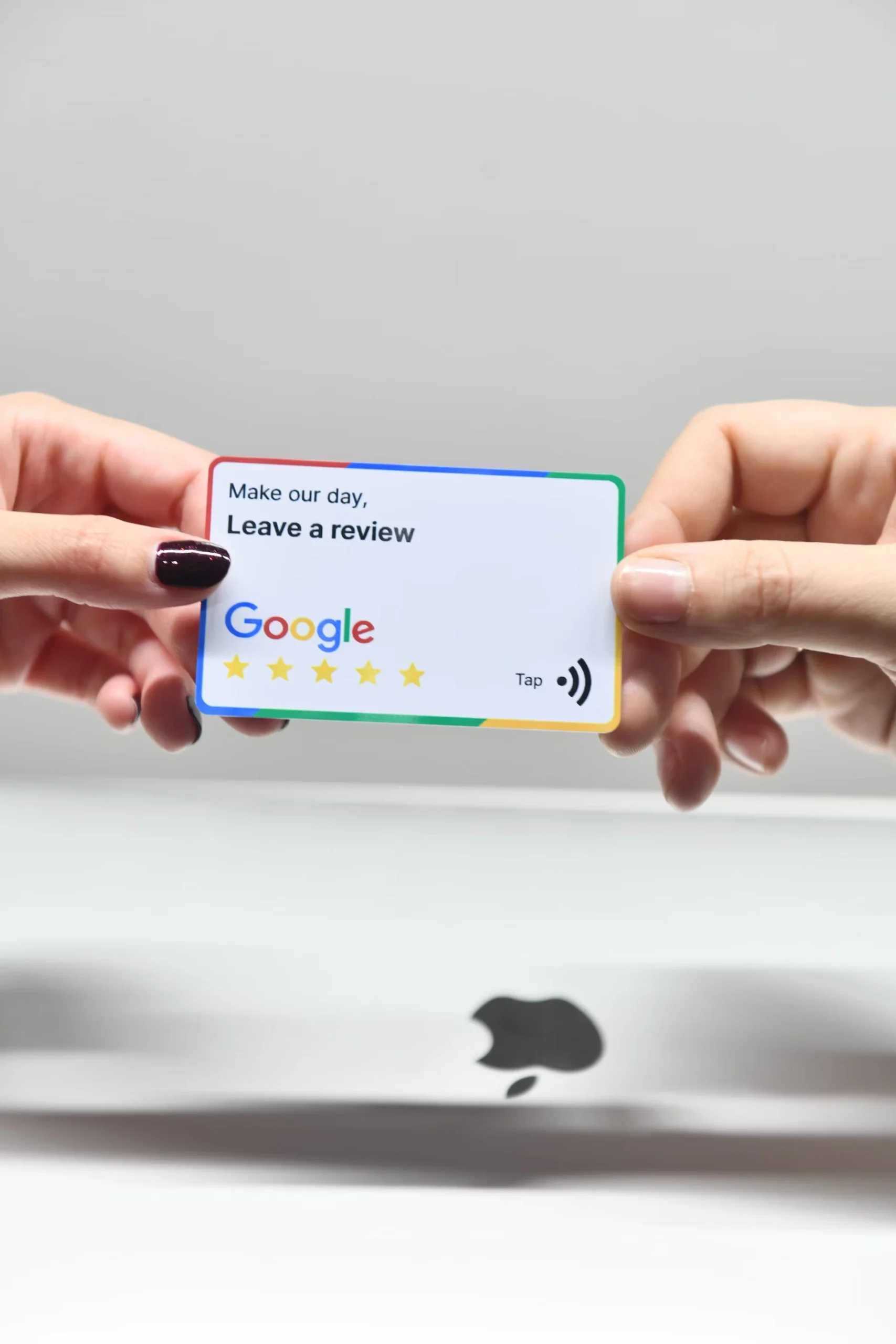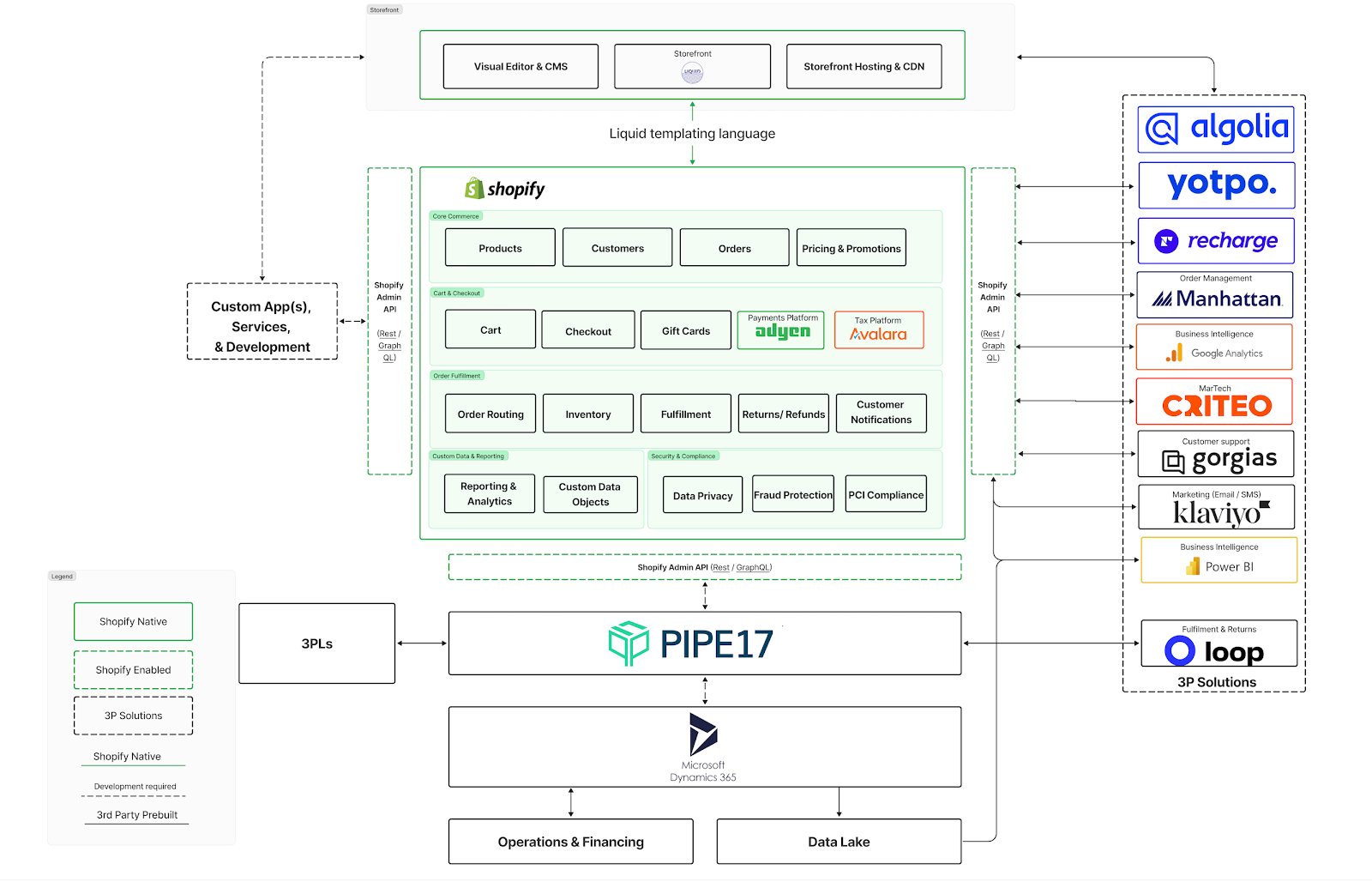When it comes to building a strong online presence, the relationship between Google reviews and SEO is pivotal. If you’ve been asking, “Does replying to Google reviews help SEO?” you’re not alone. Let’s dive into the details and explore how your engagement with customer reviews can significantly impact your local SEO efforts.
The Importance of Google Reviews for SEO
When building a strong online presence, the significance of Google reviews for SEO cannot be overstated. These reviews are crucial in shaping how potential customers perceive your business and how search engines rank your website. Let’s delve into the reasons why Google reviews are essential for SEO and the ways they can influence your business.
Boosting Local SEO
For small businesses Google reviews are essential for optimizing your local SEO. When someone searches for a service or product near them, Google considers the quantity, quality, and recency of reviews to determine which small businesses to display in the local pack (the top three results in a local search). More positive reviews can enhance your business’s visibility in these local searches, driving more traffic to your site.
Building Trust and Credibility
Customers place as much trust in online reviews as they do in personal recommendations. When your business has numerous positive reviews, it builds trust with potential customers. This trust can translate into higher click-through rates and longer visit durations on your website, both of which are positive signals to Google’s ranking algorithm. As a result, Google is more inclined to boost your site’s ranking in search results.
Fresh and Relevant Content
Each time a customer leaves a review, they are adding fresh content to your Google My Business (GMB) profile. Google prioritizes fresh and relevant content, and reviews deliver just that. Regularly updated content helps keep your GMB profile optimized, active, and relevant, which can improve your local SEO performance.
Keyword-Rich Content
Customer reviews frequently contain keywords that potential customers use when searching for your products or services. For instance, a review might mention particular services you provide or highlight distinctive features of your business. These keywords assist Google in better understanding your business, thereby improving your ranking for those terms. Moreover, when you reply to reviews, you can seamlessly include relevant keywords, further boosting your SEO.
To maximize the impact of these keywords, consider utilizing our keyword research service. We can help you identify and integrate high-value keywords into your reviews and responses, enhancing your SEO strategy and driving more targeted traffic to your business.
Increased User Engagement
Replying to reviews demonstrates your commitment to engaging with customers and appreciating their feedback. This interaction encourages more customers to leave reviews, creating a cycle of continuous engagement. High levels of user engagement are beneficial for SEO as they indicate to Google that your business is active and attentive to customer needs.
Enhanced Click-Through Rates
Businesses with higher ratings and more positive reviews tend to attract more clicks in search results. When potential customers see a high rating and numerous positive reviews, they are more likely to click on your business listing. Higher click-through rates are a positive signal to Google and can contribute to improved rankings over time.
Practical Tips For Replying To Google Reviews
To leverage the full potential of reviews and SEO, here are some practical tips:

1. Respond Promptly and Professionally
Timeliness matters in customer service, and it’s no different when replying to Google reviews. Responding quickly shows that you value your customers’ feedback and are committed to excellent service. Google also favors active and engaged businesses, so prompt responses can positively impact your SEO.
Aim to respond to all reviews, positive or negative, within 24-48 hours.
2. Use Keywords Naturally in Your Responses
Incorporating relevant keywords into your responses can help Google associate your business with those terms, potentially boosting your SEO. However, it’s important to do this naturally—avoid keyword stuffing, as this can appear forced and inauthentic.
If a customer mentions a specific service or product in their review, incorporate that keyword into your response. For example, “Thank you for choosing our SEO consultation services.”
3. Address Negative Reviews Constructively
Negative reviews can be challenging, but they also offer an opportunity to showcase your commitment to resolving issues. Google values transparency and responsiveness, and addressing negative feedback constructively can improve your local SEO.
Apologize where necessary, offer solutions, and encourage the reviewer to reach out privately to resolve the issue. This not only mitigates the impact of the negative review but also demonstrates your dedication to customer satisfaction.
4. Personalize Your Responses
Generic responses can feel impersonal and may not resonate well with customers. Personalized responses show that you genuinely care about each customer’s experience, which can foster trust and encourage more positive reviews.
Mention the customer’s name, refer to specific details they mentioned, and tailor your response to their feedback. For example, ‘We appreciate your kind words, John! We’re delighted that you enjoyed our jewelry selection and had a wonderful experience with us.’
5. Encourage Further Interaction
Your response to a review can be a starting point for further engagement. Encouraging customers to take additional actions—such as sharing their experience on social media or visiting your website—can drive more traffic and improve SEO.
Invite happy customers to follow your social media channels or sign up for your newsletter. We’re delighted that our services met your expectations! Be sure to follow us on Instagram to stay updated with our latest news.”
6. Maintain a Consistent and Positive Tone
Consistency in tone and messaging across all your review responses helps build a cohesive brand image. A positive, friendly tone can enhance your business’s appeal and make potential customers more likely to choose you over competitors.
Even when responding to negative reviews, maintain a positive and calm tone. This reflects well on your brand and can turn a negative situation into a positive one.
7. Monitor and Analyze Your Review Responses
Consistently reviewing your Google feedback and evaluating your responses allows you to spot trends and identify areas that may need enhancement. This ongoing process is crucial for optimizing your review strategy for SEO.
Use tools like Google My Business to track your review response rate and assess the impact on your local SEO performance. Refine your approach by focusing on what yields the best results.
You might be asking yourself, “Does responding to google reviews help SEO” The answer is a resounding yes. Reviews are a critical component of Google’s local search algorithm. Businesses with a higher quantity and quality of reviews often see better local search rankings. This means that not only do reviews help with direct SEO benefits, but they also indirectly contribute to improved visibility and customer trust.




